.webp)
© History Oasis
A short history of retail slogans that made you want to shop.
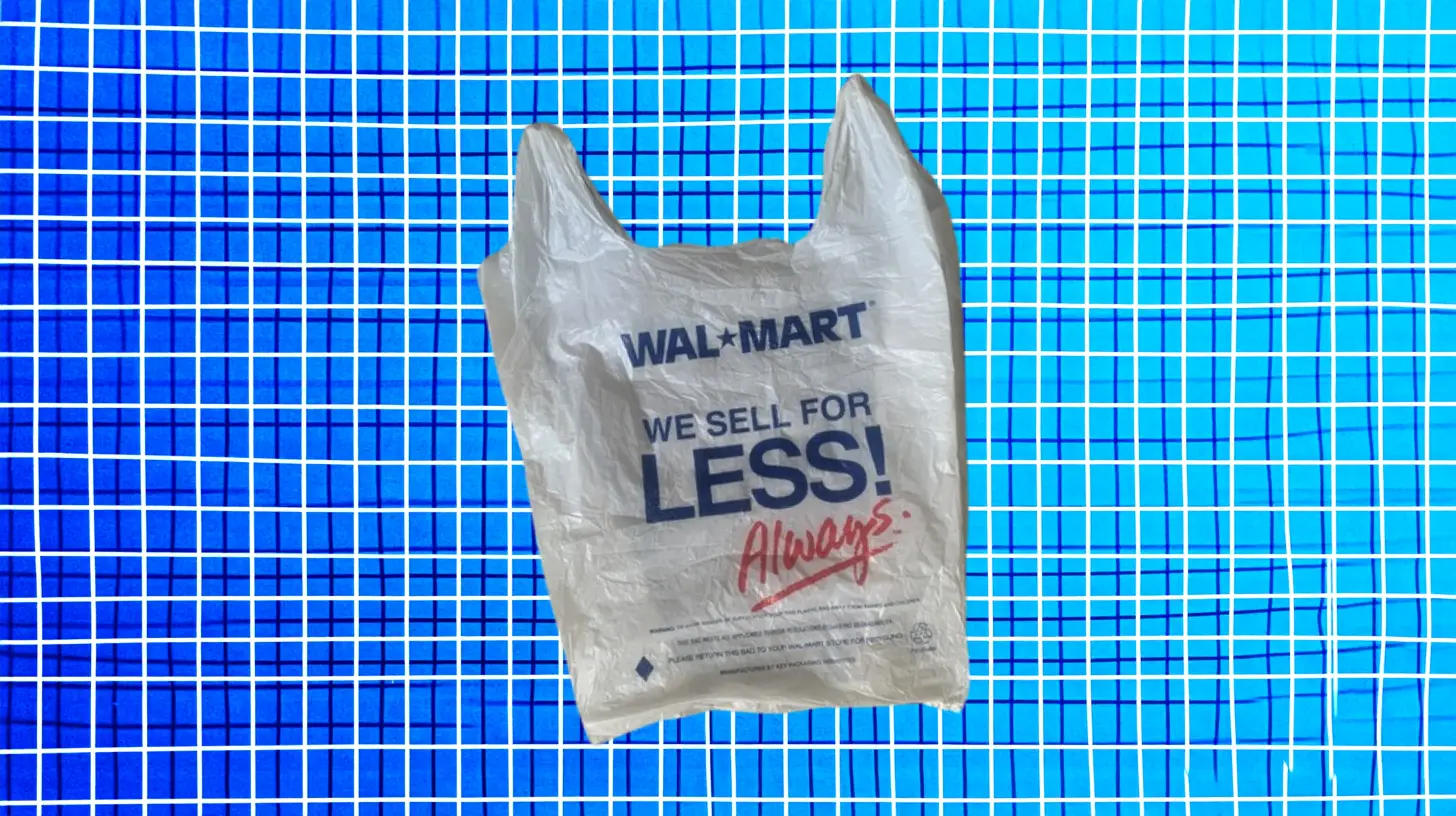
Walmart (1960s)
Sam Walton’s simple promise painted on magnetic signs drove through rural Arkansas. This humble Walmart slogan launched from a single store in Rogers would eventually power the world’s largest retailer.
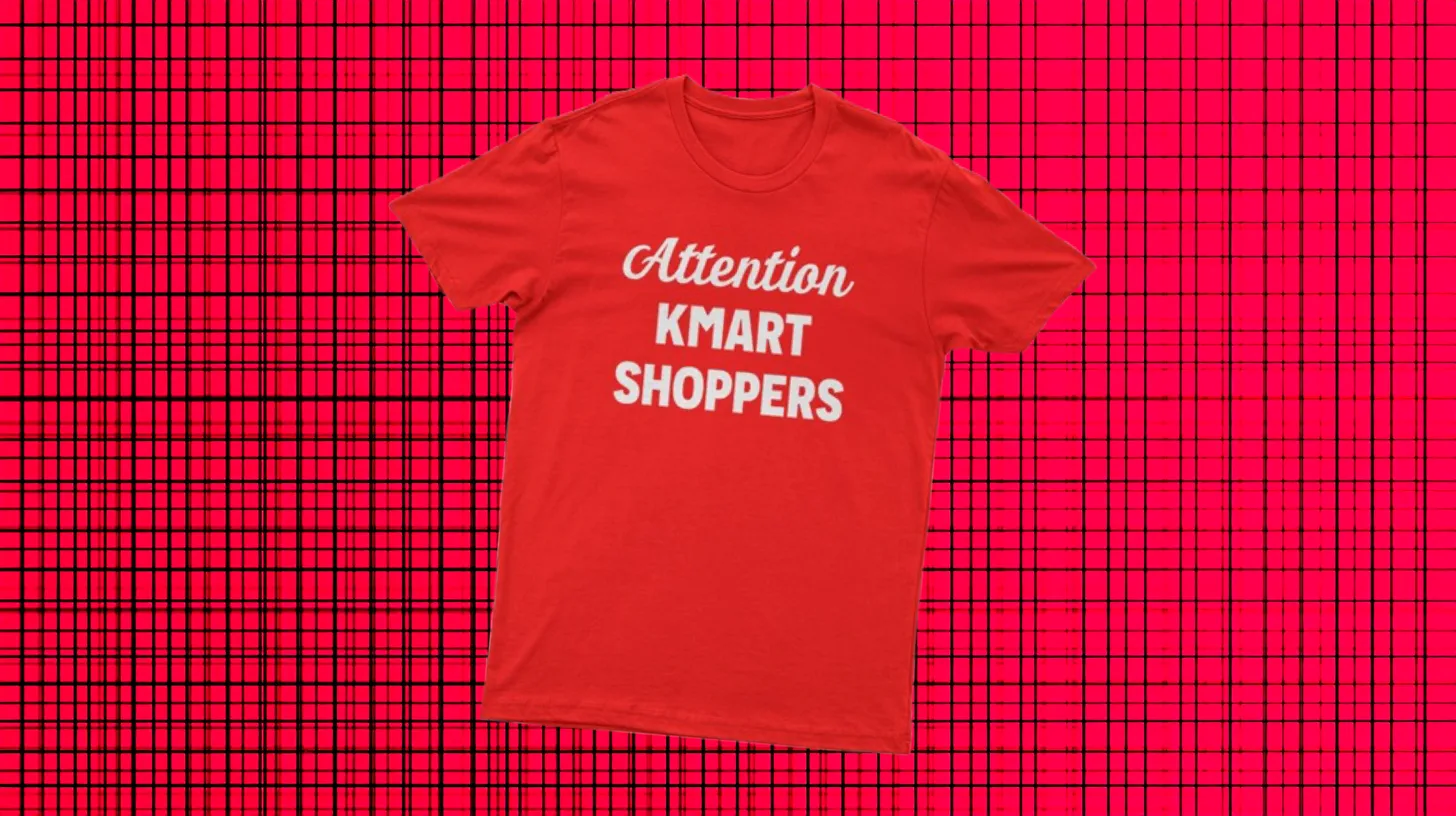
K-Mart (1960s-1990s)
The Blue Light Special announcement became woven into American pop culture. The slogan taught shoppers to run toward flashing blue lights for surprise deals at K-Mart.

Walmart (1981-1994)
Walmart’s bold declaration of pricing supremacy helped them overtake K-Mart and Sears. This aggressive slogan powered their expansion from a regional chain to a national retail giant.
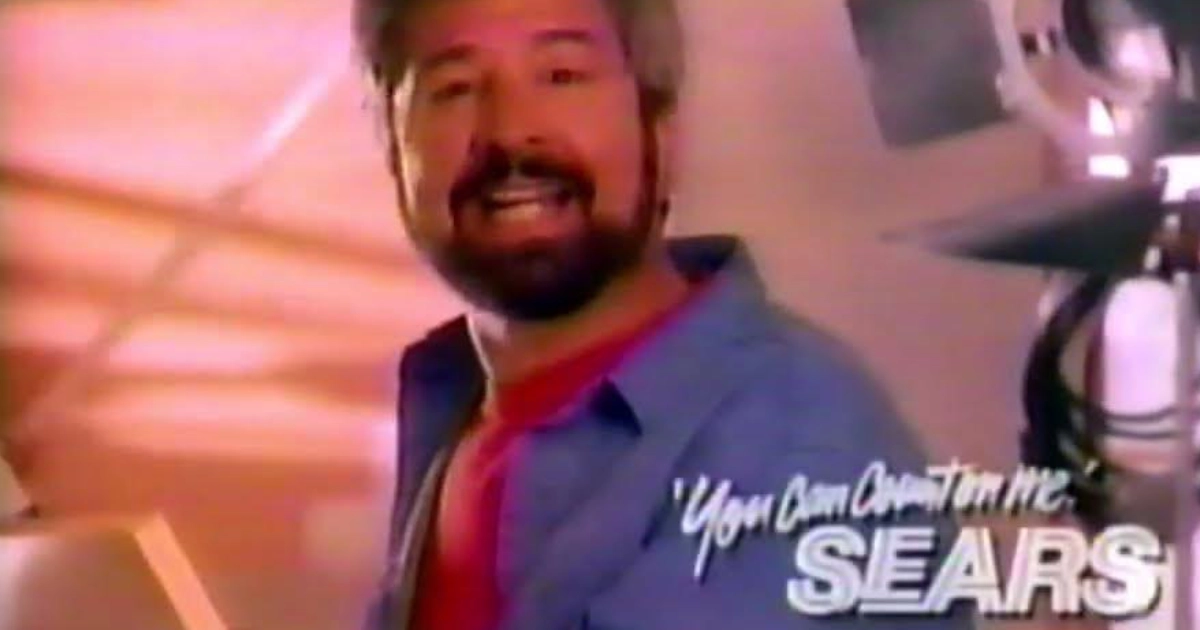
Sears (1982)
A trust-building message during Sears’ golden era. This slogan emphasized reliability when Sears dominated American retail with everything from appliances to the iconic Craftsman tools.
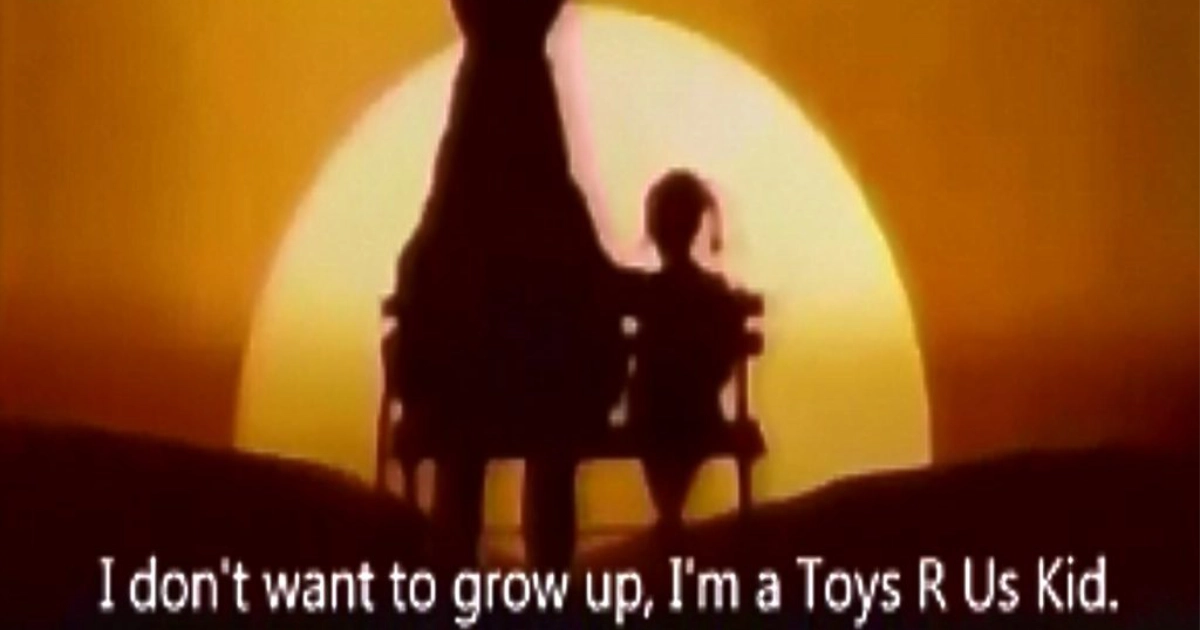
Toys “R” Us (1982-2018)
This slogan was created by future bestselling novelist James Patterson. This jingle became a childhood soundtrack for millions. The infectious tune helped Toys “R” Us dominate toy retail for decades.
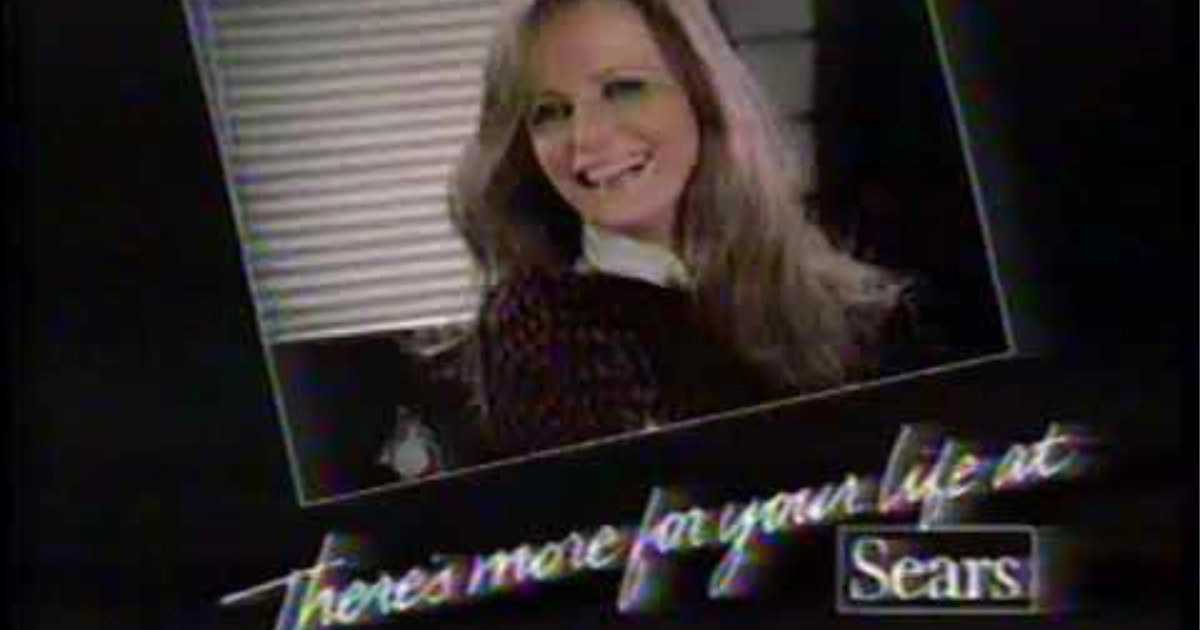
Sears (1986)
Sears positioned itself as life’s one-stop destination. From tools to clothes to appliances, this slogan promised everything families needed under one massive department store roof.
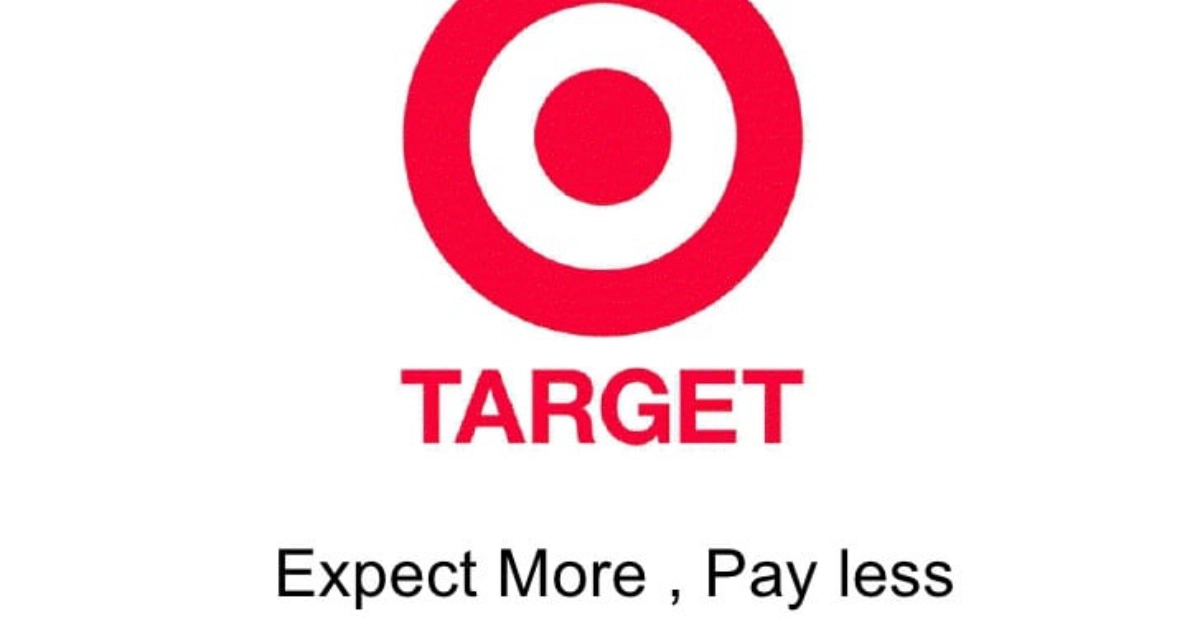
Target (1990s-Present)
Target’s differentiation from pure discount stores. Launched the same year as Walmart, K-Mart, and Kohl’s (1962), Target used this slogan to promise quality and value.
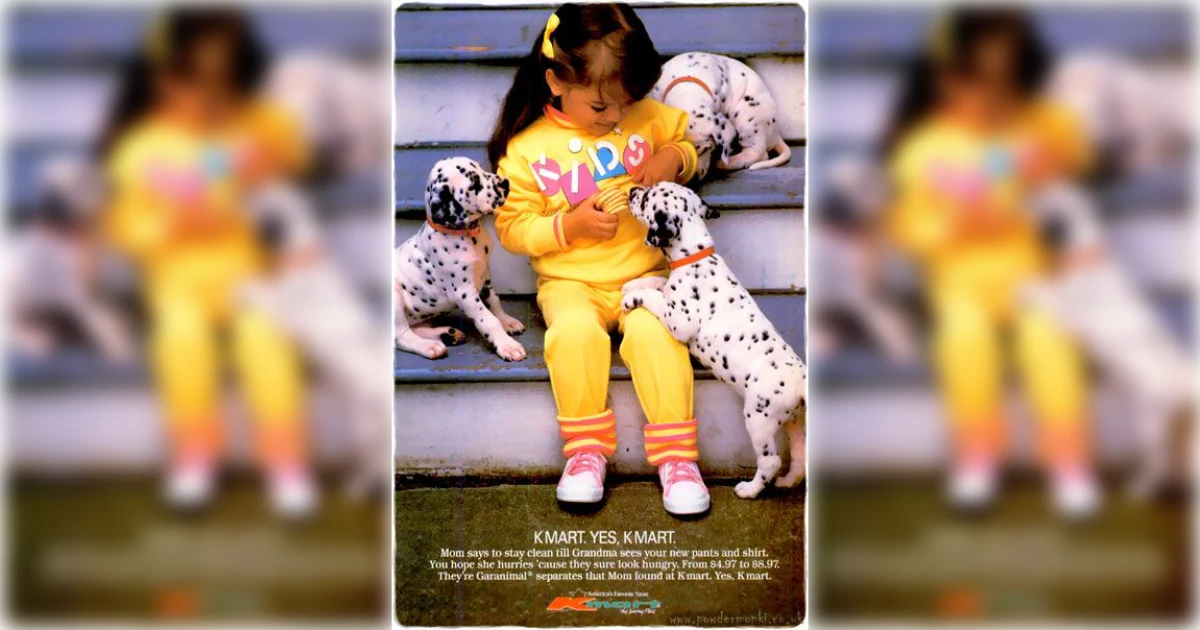
K-Mart (1990s)
A cheeky response to surprised customers. This self-aware slogan acknowledged K-Mart’s reputation while embracing it. The question mark became their trademark during the 90s.
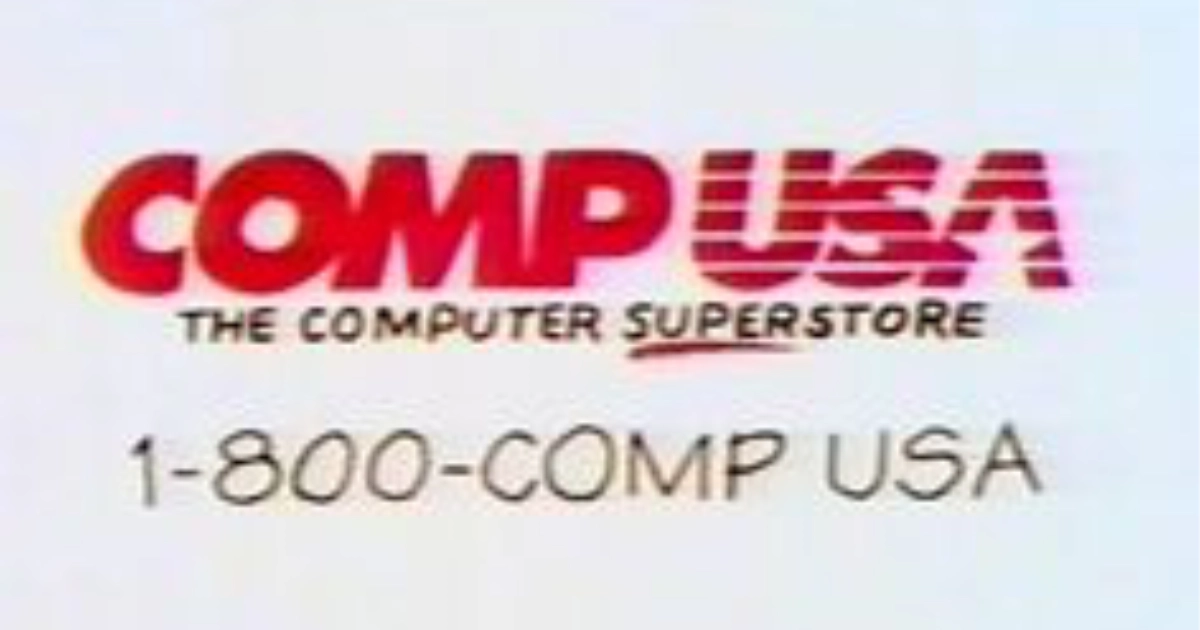
CompUSA (1990s-2000s)
CompUSA rode the PC boom wave in the ’90s. This slogan positioned them as the go-to destination during computing’s golden age. Unfortunately, they couldn’t adapt when online retailers took over.
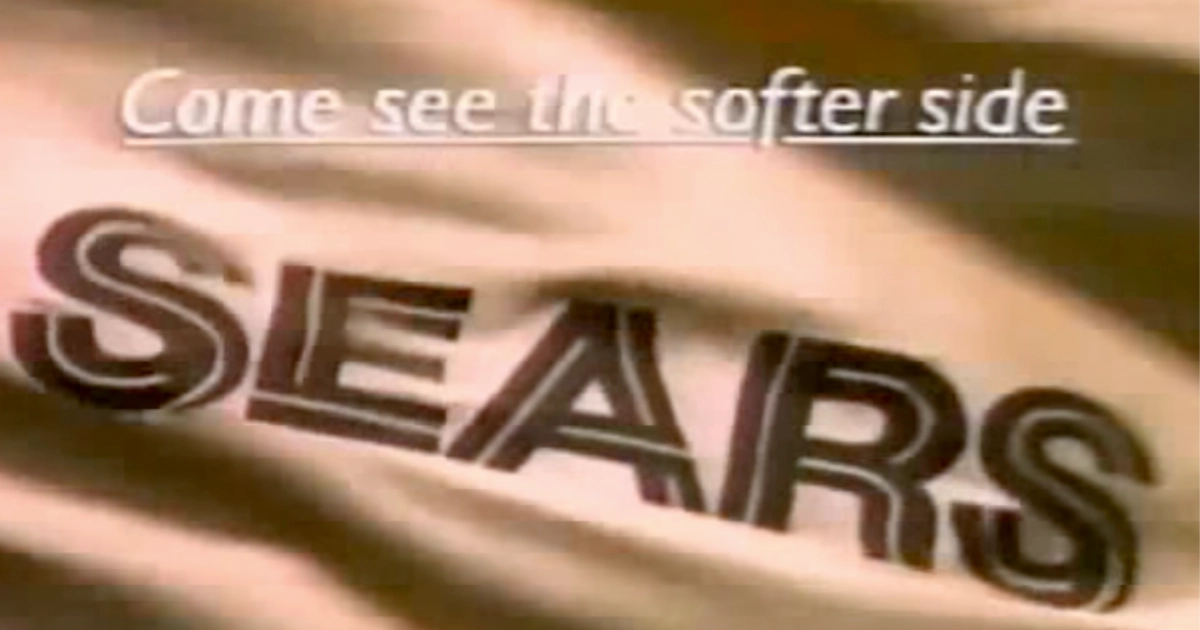
Sears (1993-1999)
This campaign transformed Sears from a “men’s store” to a family-friendly one. The result? 300% investor returns and tripled apparel sales.
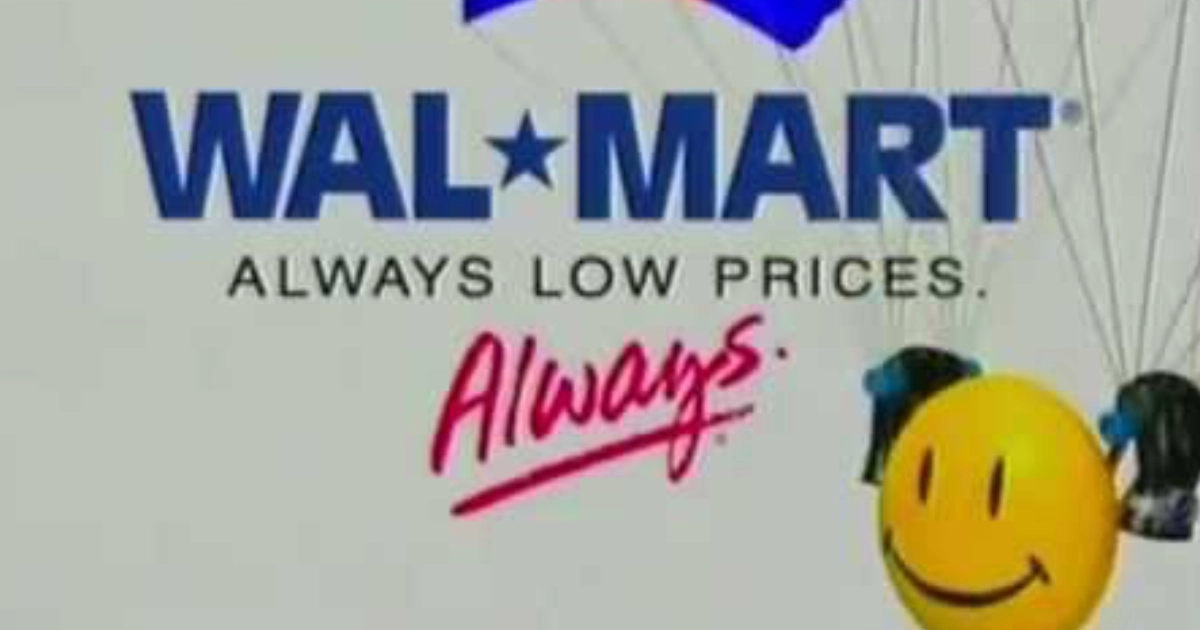
Walmart (1994-2007)
Born from legal necessity. The National Advertising Review Board forced the change from “Always THE Low Price”because no retailer can literally have the lowest price on everything.

JCPenney (2000s)
JCPenney’s promise of complete shopping convenience under one roof. This slogan emphasized their diverse inventory from clothing to home goods, competing with department store giants.
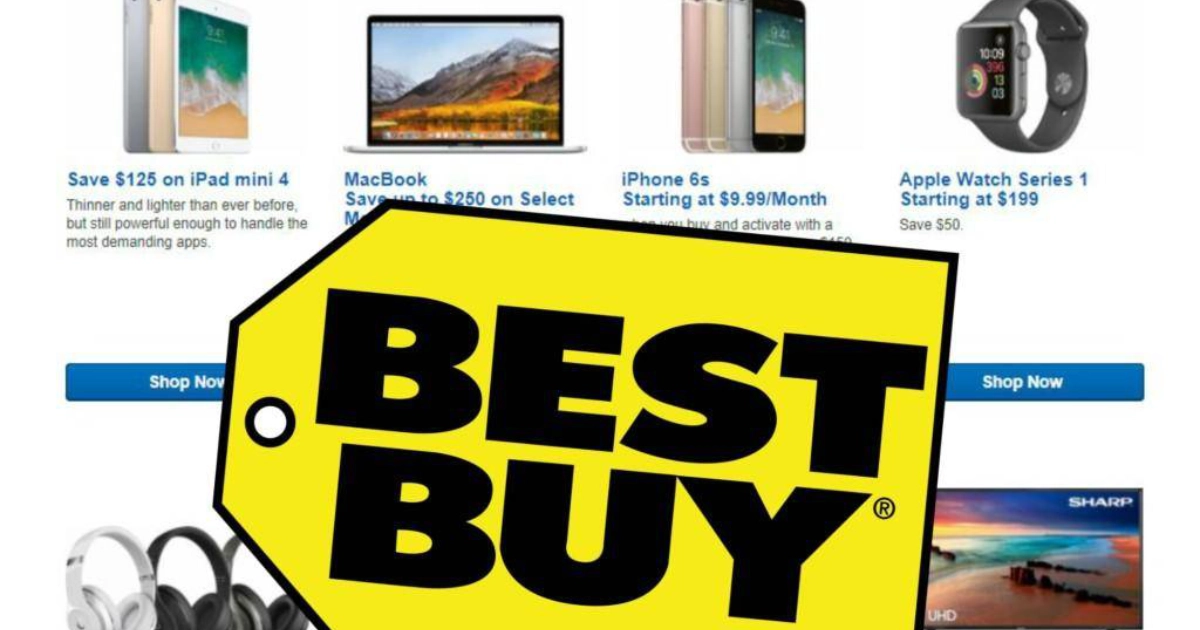
Best Buy (2000s)
Best Buy’s human approach to tech retail. While competitors focused on products, Best Buy emphasized service and support, helping customers navigate the complex world of consumer electronics.
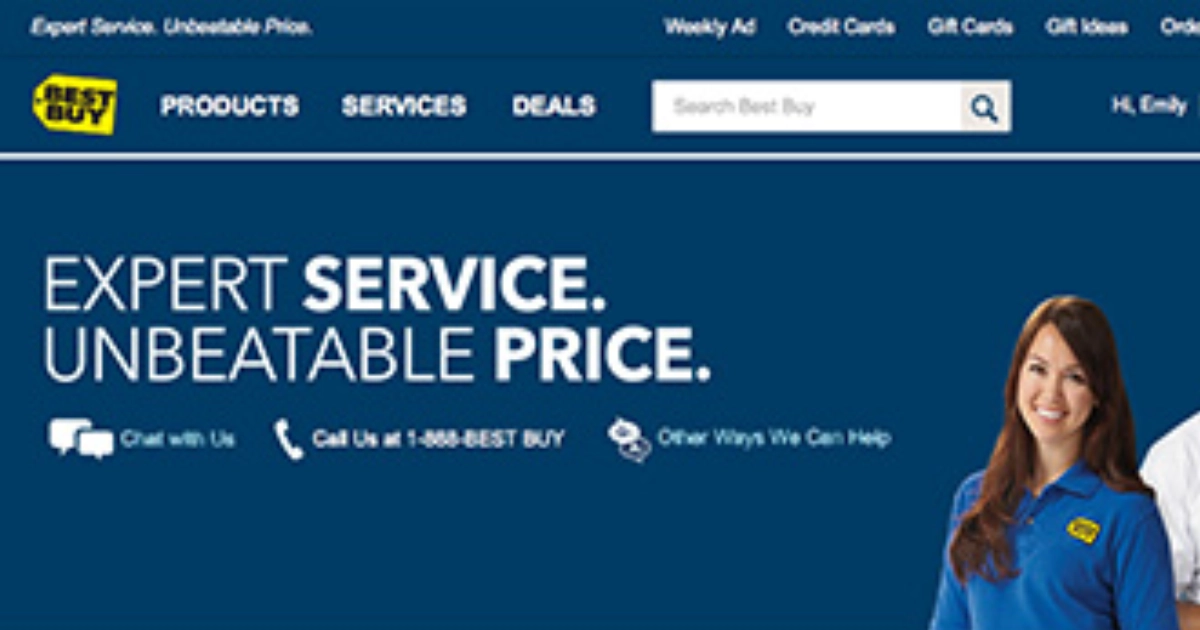
Best Buy (2000s)
Best Buy promised both technical expertise and competitive pricing, differentiating from pure discount electronics retailers during the tech boom.
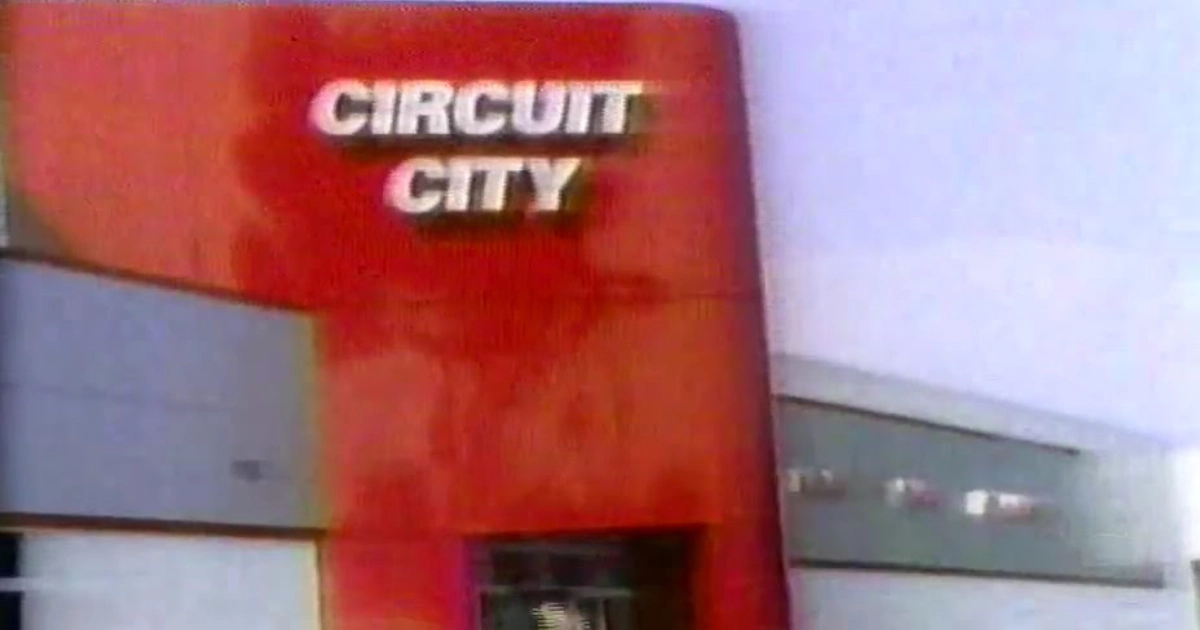
Circuit City (1980s-2000s)
Circuit City’s emphasis on technical expertise and customer support. They pioneered extended warranties and tech support, but couldn’t adapt to online retail like Best Buy did.
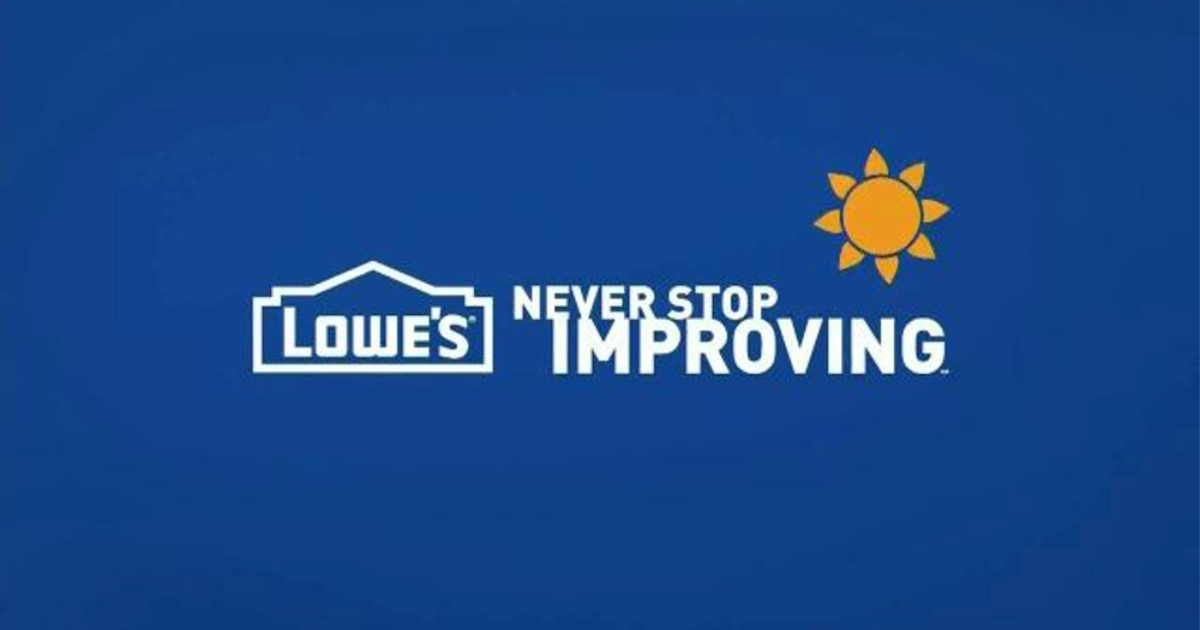
Lowe's (2011-2019)
Lowe's "Never Stop Improving" slogan transformed home improvement marketing by weaving Gin Wigmore's anthem into intimate life stories, following customers from young couples to golden years while positioning the retailer as their trusted partner through every renovation milestone.
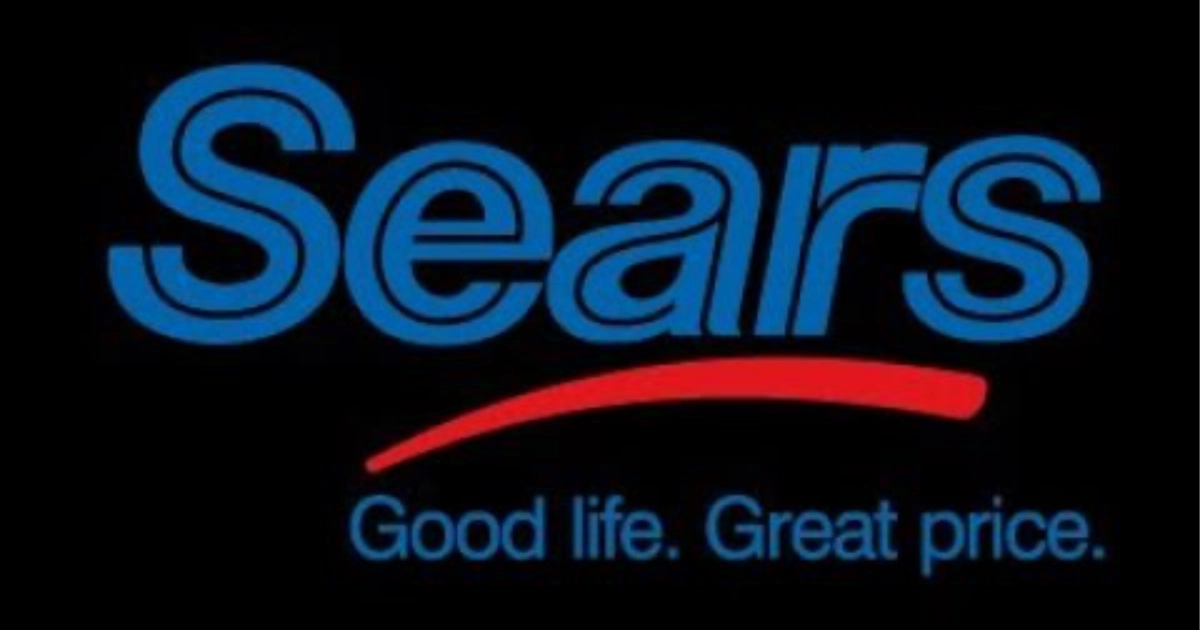
Sears (2003)
Sears’ attempt to recapture relevance with value messaging. This slogan tried to blend lifestyle aspirations with competitive pricing during increasing pressure from Walmart and Target.

JCPenney (2007-2013)
Launched during the 79th Academy Awards. This emotional slogan emphasized life’s precious moments, trying to connect shopping with meaningful experiences before Ron Johnson’s disastrous changes.
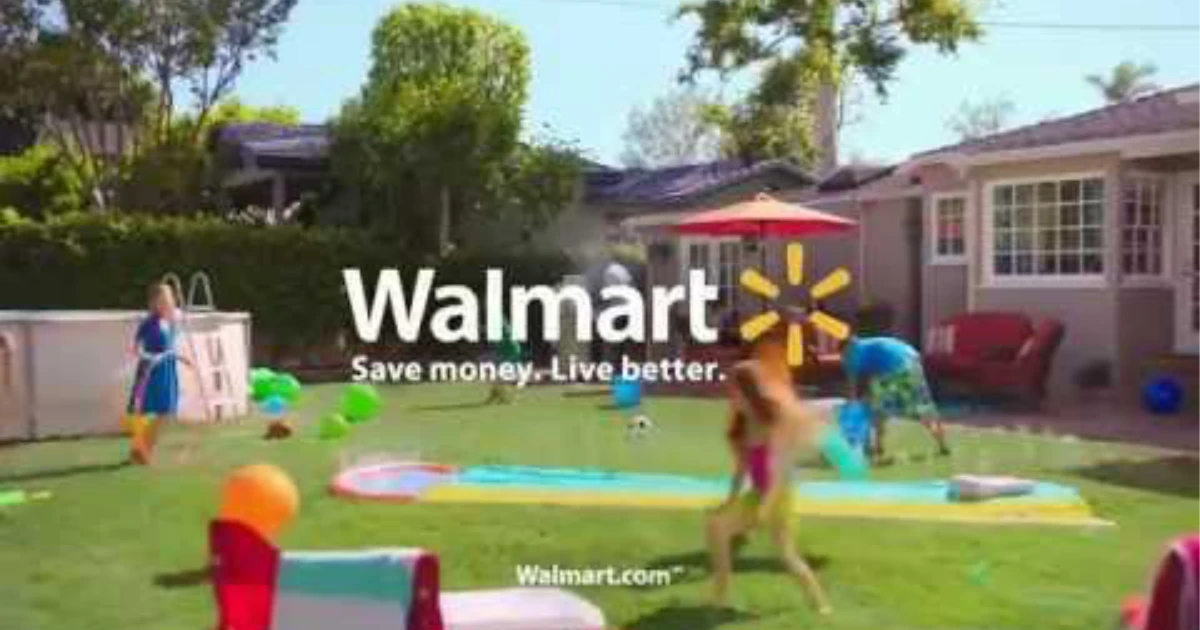
Walmart (2007-Present)
Perfect timing during the 2008 recession.
This empathetic slogan shifted from just promising low prices to promising better lives. It launched exactly when struggling families needed to hear it.

Macy’s (2008)
Macy’s declaration of uniqueness during the retail apocalypse. This confident slogan emphasized their distinctive shopping experience as department stores struggled against online retailers.
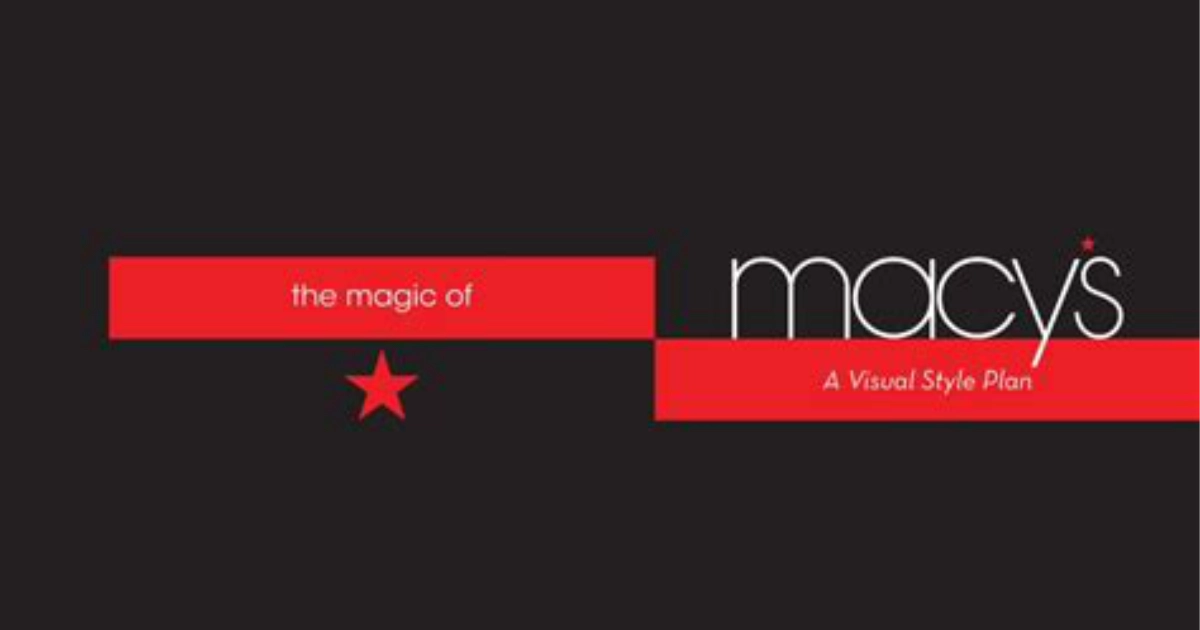
Macy’s (2009)
This slogan leveraged Macy’s Thanksgiving Day Parade legacy, associating shopping with celebration and family traditions during tough economic times.
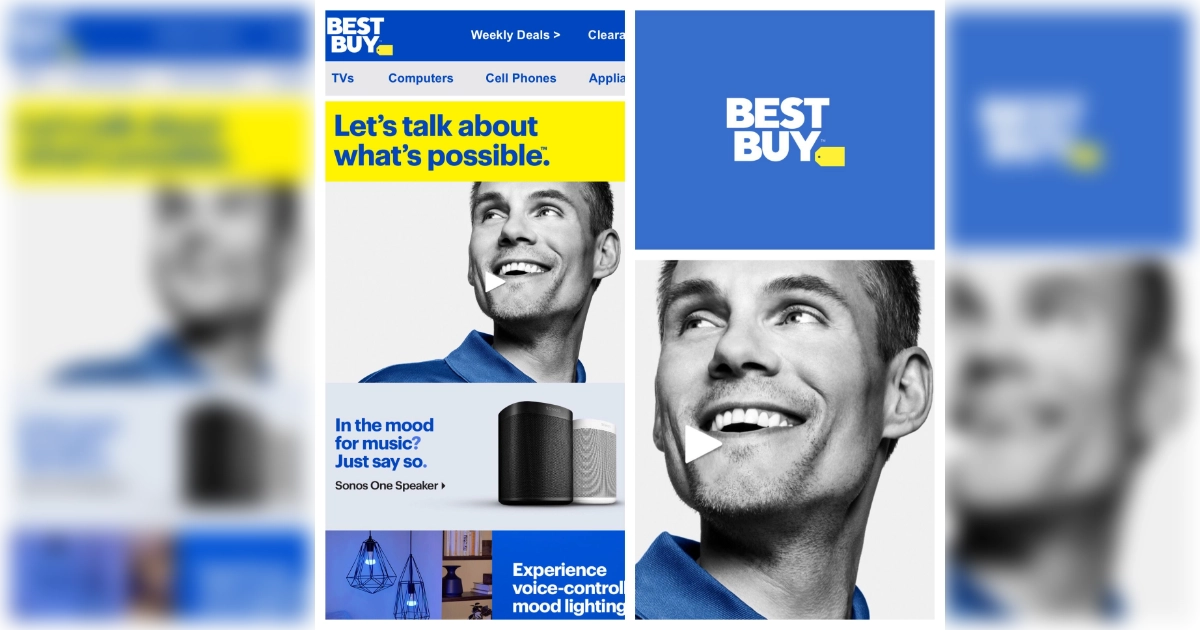
Best Buy (2010s)
Best Buy’s consultative approach to tech retail.
This collaborative slogan positioned employees as technology advisors, helping customers imagine possibilities rather than just selling products.